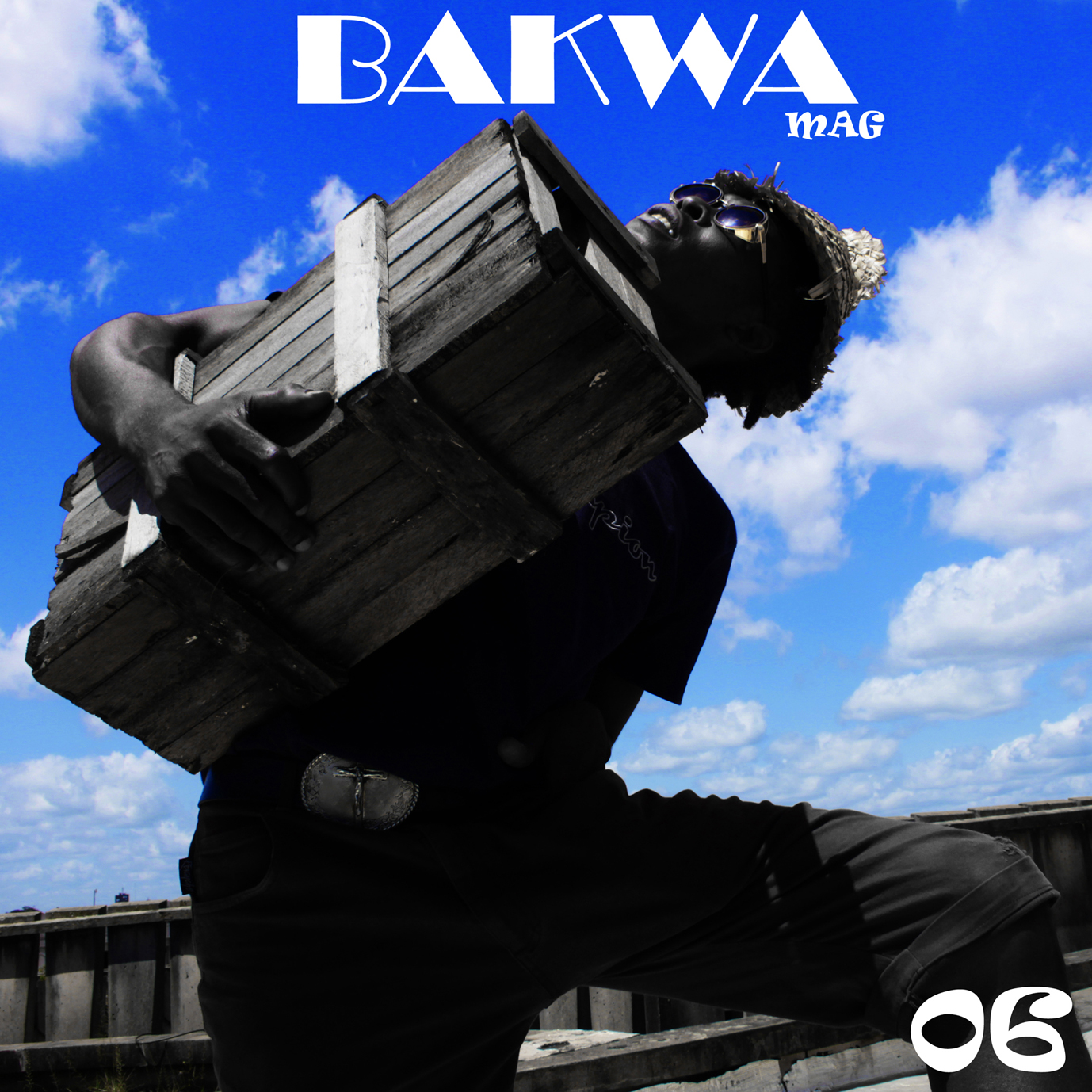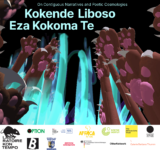Kwabena Agyare Yeboah

Kwakye left Ghana right after his high school education. In this novel, he set out to write something intimately Ghanaian, something that he might have not experienced in a long while. Or something he would have to second-guess. Maybe something that came from his memory. This something would have to be born from filtration and emotional osmosis. The Clothes Of Nakedness is about power and corruption as well as class and society.
“He moved slowly, like a bored chameleon” reads the opening sentence of the novel. If we are to understand the character being introduced here, we would have to ask a quasi-obvious question. Why the choice of “bored chameleon”? It could have been an overfed lizard. Or whatever. A chameleon changes skin colour and blends in with its external environment as a camouflage. That is what the character is.
In the second paragraph, we are introduced to what comes close to being his name— Mystique Mysterious. In the general sense of the Ghanaian, names are personal narratives. So you know Kofi Annan is a Friday-born-male and is the fourth child of his parents. To call somebody by a nickname is to assume friendship or familiarity at least. Nicknames are also a perception verdict of the bearer. So here, it connotes their respect, fear and the fascination they felt for the unreachable person behind the shades. It is on this assumed axis that he interacts with the society and virtually sees himself as a member.
The author pushes this axis further to enter the alternating private-public space of society. KILL ME QUICK, the name which the bar bears, is one of the numerous other names of akpeteshie. In there is another message. FOR CREDIT, COME TOMORROW. Tomorrow never comes, they say. Akpeteshie itself is a drink of power.
Long before the colonial powers docked at the shore of Elimina, water and palm wine were largely used for ceremonial activities. With their advent, hardcore liquor was introduced to the indigenous nations. With time, the ownership of (foreign) alcohol became a symbol of status. In the Asante nations, the everyday man got to drink in the Odwira festive season. Women were generally forbidden from drinking. At some point, 40% of revenue collected by the colonial administration was from the Alcohol industry. In the 1900s, two men from the West Indies came to work as mechanics in Gold Coast. Observing the demand for alcohol, they set up crude distillation apparatuses to produce akpeteshie from palm wine or sugar cane, mainly for those at the lower end of the societal ladder.
The colonial administration saw this as an attack on its economic power. A ban was placed on it. As a result, many of the brewers went to live in bushes and forests so as to continue their trade. Later, Kwame Nkrumah and his CPP adopted akpeteshie to show that they were on the side of the masses. Its name comes from a Ga phrase which literally means “hiding place”.
Nevertheless, KILL ME QUICK is not as hidden. It is in public view in Nima. Akpeteshie, though, has not moved on as a drink for the poor. When he enters, he wears his I-don’t-belong-here gaze. “Yet evils such as alcohol had a place in his scheme, so he had to endure and even participate in them”, Kwakye writes. By participating, he shows goodwill. He buys for himself a place in the lives of the regular customers. Drinking is a communal act, certain kinship is formed. This is where private lives become public affair. He meets Auntie Esi the seller, Gabriel Bukari, Kojo Ansah and Kofi Ntim aka Philosopher Nonsense. Among these three drinking buddies, they use the act of drinking alcohol to define who a ‘man’ is.
When he calls each of them into a private space, he imposes himself as a friend, as someone who cares. He is waging a power battle. He is an extension of the power the bar wields, so he convinces Bukari and manipulates him till he [Bukari] gets broken, and his wife Fati suffers.
At an allegorical level, the bar is IMF and its Allied Bretton Woods infrastructure. Many nations go there thinking they will get help. They do. And end up like Bukari.
There are romantic subplots— of Baba, Buhari’s son and Adukwei and Kofi Ntim and Esi, and the unresolved issue of Mystic Mysterious’ continuous supply of narcotics with the intent of getting users addicted and making them regular consumers.
Sometimes the characters sound older and more matured than they are portrayed. I wonder how many Ghanaian parents will allow their barely teenage children to roam the streets while they sleep, not for a day, but several days. In addition, Mystic’s persuasion comes out as if the others do not have brains. Maybe they are desperate. Maybe. But these are not failures of the novel per se.
The title comes from a proverb— if the naked tells you that he will give you clothes, just listen to his name. Furthermore, there seems to be a familial resemblance between this novel and Ayi kwei Armah’s The Beatyful Ones Are Not Yet Born. There is an artistic conversation that we will have to listen to.






